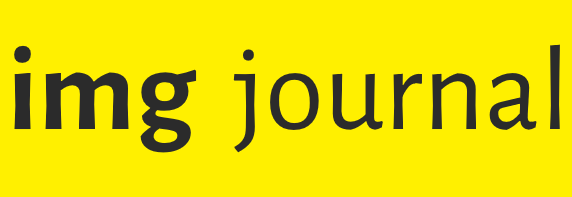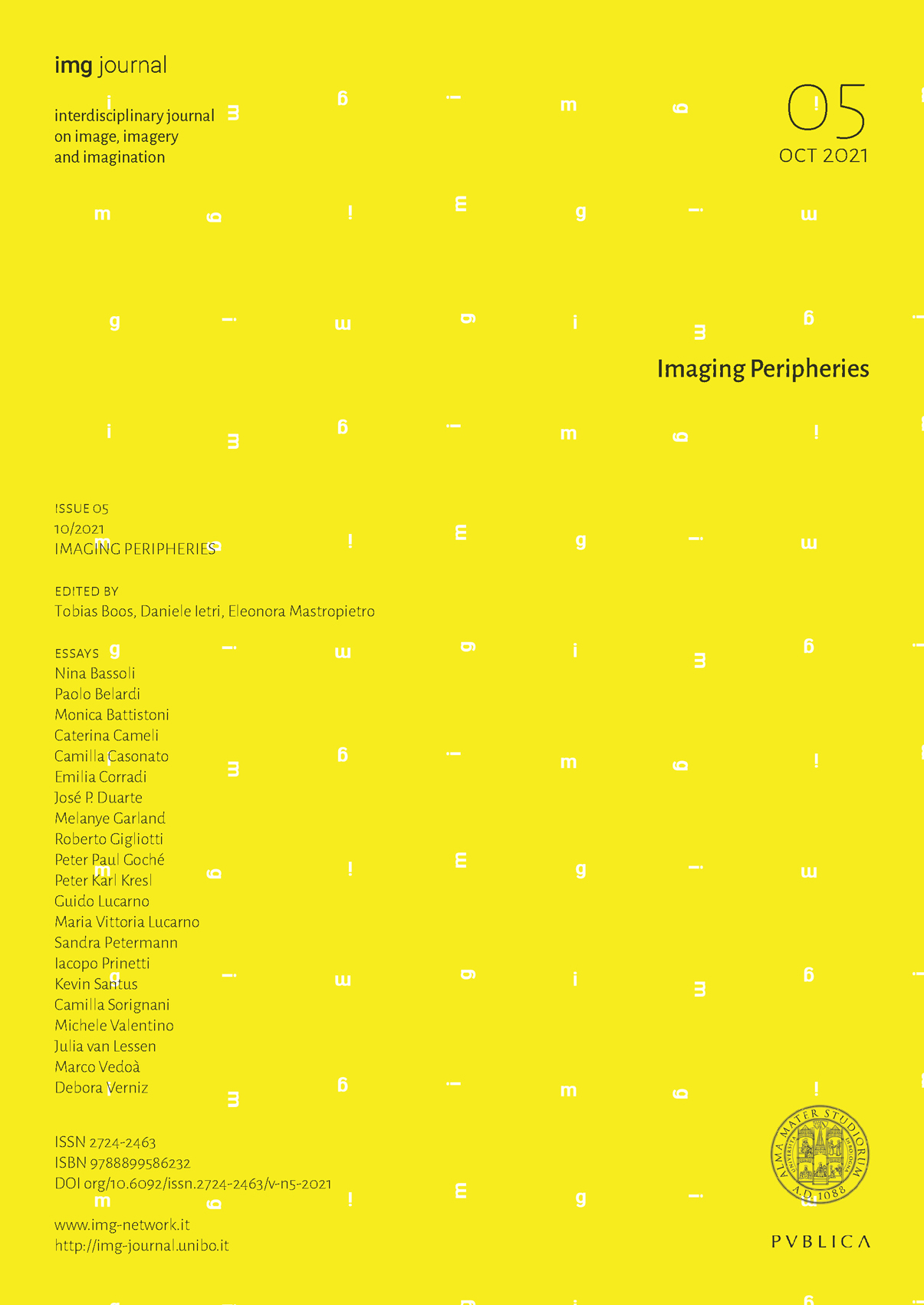Peripheral Regions and Policy Formation
DOI:
https://doi.org/10.6092/issn.2724-2463/12741Keywords:
Peripheral, Population Density, Tacit Exchange of Knowledge, City Size, Network CitiesAbstract
Political discourse in many countries is significantly impacted by the existence of populations that live in urban centers and other populations that live in rural or peripheral places. Due to factors such as population density, economic activity, proximity to schools, retail and health facilities, attachment to religion, and access to diverse political opinions, people living in the peripheral areas tend to be relatively conservative and those in urban areas are relatively liberal. Thus we have two elements of the population that tend to live in silos, having little dialogue or even contact with the other. This results in a national political dialogue that is not at all productive or capable of generating policies that would benefit the population. In many countries of Europe and the Americas, the politically left and right parties or movements are, figuratively speaking, at war with each other. In spite of this, an examination of the reality of many areas of public policy reveals that there are, in fact, many areas of public policy that are of benefit to both urban and periphery dwellers such as, education, access to health care, management of water and waterways, funding of small businesses and banks and local governments, and infrastructure. I have recently compiled a set of 40 such policies that could be adopted because they are of direct benefit to dwellers in both silos (Kresl, 2021). Recognition of this mutual benefit could advance the discussion of public policy and even lead to implementation of some of these policies. Those living on the periphery and in the inner city could engage in a dialogue that would be of benefit to both of these groups, and peripherality would no longer be identified with exclusion from a beneficial political discourse.
Downloads
Published
How to Cite
Issue
Section
License
Copyright (c) 2022 Peter Karl Kresl

This work is licensed under a Creative Commons Attribution 4.0 International License.





